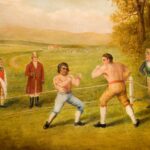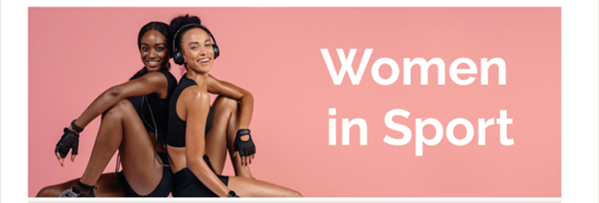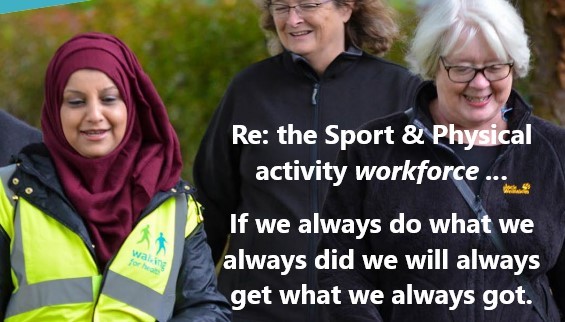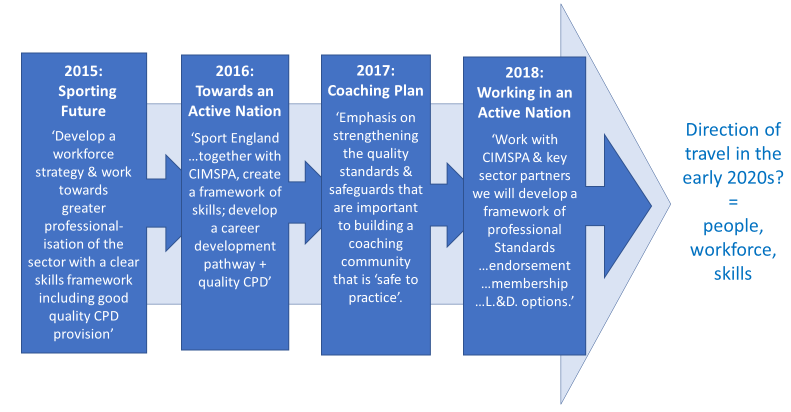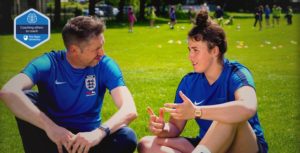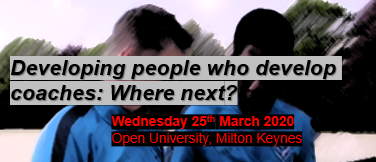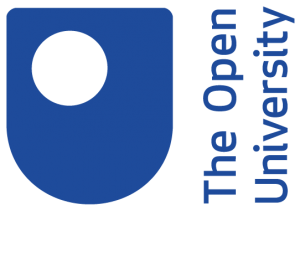By Simon Rea
Simon Rea previews the 2021 Olympic Games in Tokyo, looking at the new sports featuring, plus who are Team GB’s best chances of winning medals.
The Games are going ahead despite a host of problems
After the successes of Rio de Janeiro in 2016 and London in 2012, the 2021 Olympic Games land in Tokyo amid difficult circumstances. Only domestic spectators will be allowed in the stadiums due to concerns about athletes and spectators bringing in the COVID-19 virus. It looks like the New National Stadium in Tokyo will not allow any spectators as a national state of emergency has been called in Tokyo, due to rising numbers of coronavirus infections. Athletes will have to undergo regular testing and their movements will be restricted and monitored. Unfortunately, the Olympic flame that began its journey in Fukushima in March before being scheduled to travel across 47 prefectures and arrive in Tokyo on 23rd July has been beset by protests and eventually its journey through Tokyo was cancelled due to fears over COVID-19.
However, at least the greatest sporting spectacle in the world is going ahead and there is plenty to look forward to. The Olympics will run until 8th August and will involve a record number of 339 medal events across 33 sports. The organisers have taken inspiration from the London Games by putting together high-profile events for Super Saturday (31st July) and Golden Sunday (1st August) that includes the 100m finals.
Four new sports and new competitors to look forward to
Four new sports, surfing, climbing, karate, and skateboarding have been introduced to cater for a younger audience and to keep the Games relevant to all generations. Also, softball and baseball return to the Olympics after being dropped for the 2012 and 2016 Olympics.
 Surfer Shino Matsuda of Japan
Surfer Shino Matsuda of Japan
Surfing will take place at Tsurigasaki Beach roughly 100 km away from the Olympic Stadium in Tokyo and will involve a series of heats of 4-5 surfers who will each have 30 minute to showcase their skills and catch as many waves as they can. They will be judged on five criteria including difficulty, innovation, and variety. Currently, the top surfers come from USA, Australia, and Brazil. Americans John John Florence and Carissa Moore are the top Americans while Australian, Stephanie Gilmore, is a seven time World Champion.
 Sport climbing will feature three disciplines, speed, bouldering (pictured right), and lead, in a combined competition. Speed is measured by athletes climbing a 15-metre-high wall at angle of 95 degrees as quickly as possible. The current men’s world record in 5.63 seconds and the women’s is 6.96. Bouldering involves a climber being faced with a 4.5 metre wall that they will ascend as many fixed routes as they can. They must try and ascend as many routes as they can in four minutes. Lead climbing is where a climber uses a rope to make a vertical climb. They have to keep attaching their rope to the climbing wall over a 15-metre climb. They have six minutes to get to the highest point and if they are tied with other climbers they are separated by time. The six medals will be competed for by 20 men and 20 women with Czech Republic climber Adam Ondra a favourite in the men’s event, while Slovenian climber Janja Garnbret is favourite in the women’s event. She has competition from GB climber Shaunna Coxsey who has a chance of a medal.
Sport climbing will feature three disciplines, speed, bouldering (pictured right), and lead, in a combined competition. Speed is measured by athletes climbing a 15-metre-high wall at angle of 95 degrees as quickly as possible. The current men’s world record in 5.63 seconds and the women’s is 6.96. Bouldering involves a climber being faced with a 4.5 metre wall that they will ascend as many fixed routes as they can. They must try and ascend as many routes as they can in four minutes. Lead climbing is where a climber uses a rope to make a vertical climb. They have to keep attaching their rope to the climbing wall over a 15-metre climb. They have six minutes to get to the highest point and if they are tied with other climbers they are separated by time. The six medals will be competed for by 20 men and 20 women with Czech Republic climber Adam Ondra a favourite in the men’s event, while Slovenian climber Janja Garnbret is favourite in the women’s event. She has competition from GB climber Shaunna Coxsey who has a chance of a medal.
Japan is the home of karate, so it is fitting that it is making its debut here. There are six events in Tokyo – three weight categories for men (67kg, 75kg, 75+kg) and three for women (55kg, 61kg, 61+kg). Japan have high hopes in these events with Kiyou Shimizu in the women’s event and Kiyuna Ryo in the men’s event.
The introduction of skateboarding seems like a radical move for the Olympics and will hopefully engage a different audience to the traditional Olympic sports. There are two disciplines of skateboarding – Street and Park. Street skateboarding is held on a straight street-style course and includes stairs, handrails, benches, and walls. Athletes are judged based on originality and execution, and the number of tricks they perform. American skater Nyjah Huston has won more prize money than any other skater in history and has over 4.5 million Instagram followers.
Park skateboarding takes place on a hollowed-out course that features curves and deep bowls. They often include halfpipes and quarter pipes. This is the event where we will see Team GB’s youngest ever Olympian Sky Brown who will be just 13 years old when she competes. She is a very modern athlete who has a huge Instagram following and learns her moves on YouTube rather than having a coach.
What about Team GB’s chances of medals?
While Sky Brown does have the chance of a medal Team GB having some hot favourites, such as swimmer Adam Peaty in the 100m breaststroke event. Cycling golden couple, Laura and Jason Kenny, are both close to creating British Olympic history as Laura is one gold medal away from Katherine Grainger’s record of 5 gold medals and Jason is one medal short of Bradley Wiggins’ record of 7 medals. There is real interest in the athletics as well where World and European champion Dina Asher-Smith takes on American Gabby Thomas and veteran Jamaican athlete, Shelly-Ann Fraser-Pryce over 100m and 200m. There are medal hopes in the middle distance events with Scottish athletes, Jemma Reekie (800m) and Laura Muir (1500m) in the women’s events and the trio of Elliott Giles, Oliver Dustin and Daniel Rowden in the men’s 800m.
 Chris Walker-Hebborn, Adam Peaty, James Guy and Duncan Scott at the medal ceremony during the Rio 2016 Olympic Games
Chris Walker-Hebborn, Adam Peaty, James Guy and Duncan Scott at the medal ceremony during the Rio 2016 Olympic Games
There are a couple of less known athletes to watch out for including Northern Irishman, Patrick Huston, in the men’s archery competition and Scottish shooter Seonaid McIntosh who is reigning world champion in the 50m prone event. Boxer Pat McCormack is favourite in the men’s welterweight category and along with his brother, Luke, is one of eight sets of siblings who will compete for Team GB.
While it may be hard for Team GB to better their medal haul of 67 medals, including 27 golds, from the 2016 Olympics there is excitement that the Games actually going ahead after the barren summer of 2020.
This article was originally published on OpenLearn.


